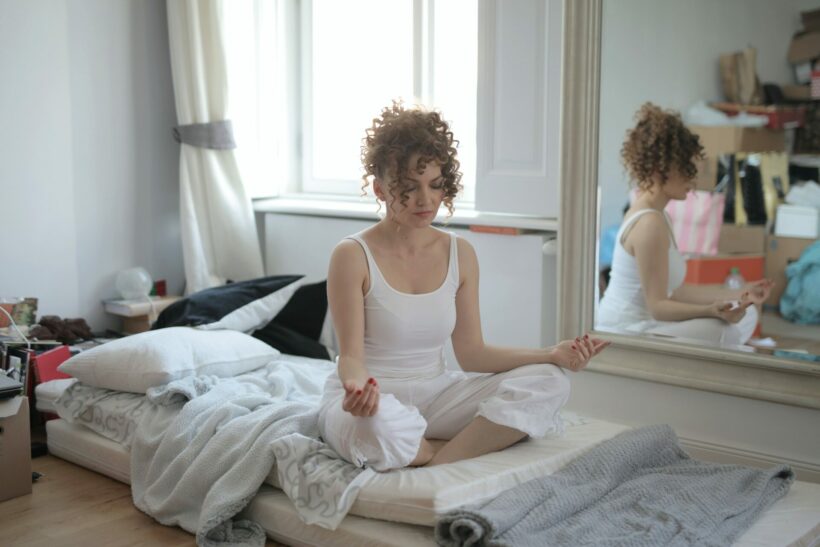On January 1st, 2023, the Labor Government halved the amount of free psychology sessions covered under Medicare’s mental health plan, reducing them to the original 10 instead of 20. This increases the cost of extra sessions by up to hundreds of dollars per year. The federal government claims this decision was made to manage the extreme wait lists.
Since COVID19 and its affects still loiter, and the world is in the middle of a mental health crisis, this news is continuing to distress many Australians. Well after the pandemic has passed, people will still be struggling with mental health conditions, just as they did before it started. Speaking to the Guardian Australia, Tegan Carrison, executive director of Australian Association of Psychologists said, “This decision is a backwards step that will harm the most vulnerable. To cut back session numbers in the thick of a mental health crisis will have a detrimental impact.” Carrison suggests that “larger Medicare rebates should be granted to clients”.
After individuals exceed the maximum 10 free sessions, the average cost for a 50-minute psychology appointment is USD $180 and although Medicare provides a USD $60 rebate, clients will still be left out of pocket. The average amount is between USD $49-70, which is beyond the reach of Australians on lower incomes, who notably struggle with mental health at a higher level to begin with.
The Australian Association of Psychologists believe that the previous system should remain but rather be targeted towards those with complex mental health needs. This raises questions of what support is available for those who do not fit into this category but require mental health treatment and care.
What other alternatives are available?
Alternatively, the rise in digital communication has popularised counselling sessions being held over the phone, which are more convenient as well as inexpensive. A few services available include Head to Health, the government’s digital mental health gateway providing over-the-phone advice for free, or at low cost. For people living in New South Wales and Victoria, Head to Health Pop Up clinics are free and accessible via telehealth or face-to-face and do not require a GP referral or mental health plan. These clinics are currently transitioning to permanent services being established by the Commonwealth and state and territory governments.
Apps are also being widely used as a free alternative. Raise Healthy Minds is an example of an app that users can tailor to their child, family and interests and “shares practical advice for day-to-day family life”. The app includes evidence-based information and is recommended across Australia. Insight Timer is a GP recommended app that offers free content to assist with sleep, anxiety and stress. It contains music, insightful talks and courses to encourage a positive outlook and mental health.
The recent Snapchat AI feature is a personalised virtual assistant programmed to analyse algorithms and user behaviour to provide recommendations and conversation. It can stimulate human speech and assist users struggling with mental health through supportive conversations and suggesting resources. The Here For You tool is an example, which covers topics ranging from depression, anxiety, bullying, body positivity, grieving and more.
Support groups are another alternative for those looking to connect with likeminded people. A popular online-run group in Queensland is MINDNET Depression & Bipolar Meet-Up Group which organises fortnightly social activities. The group is run by volunteers who have struggled with these mental health conditions, seeking to connect with and help others.
These are all useful tools for those struggling, and the Australian Government is slowly becoming more “committed to expanding the range and supply of psychological services for everyone. However those who require the help of clinical professionals are still left without adequate support from Medicare and the federal government.






